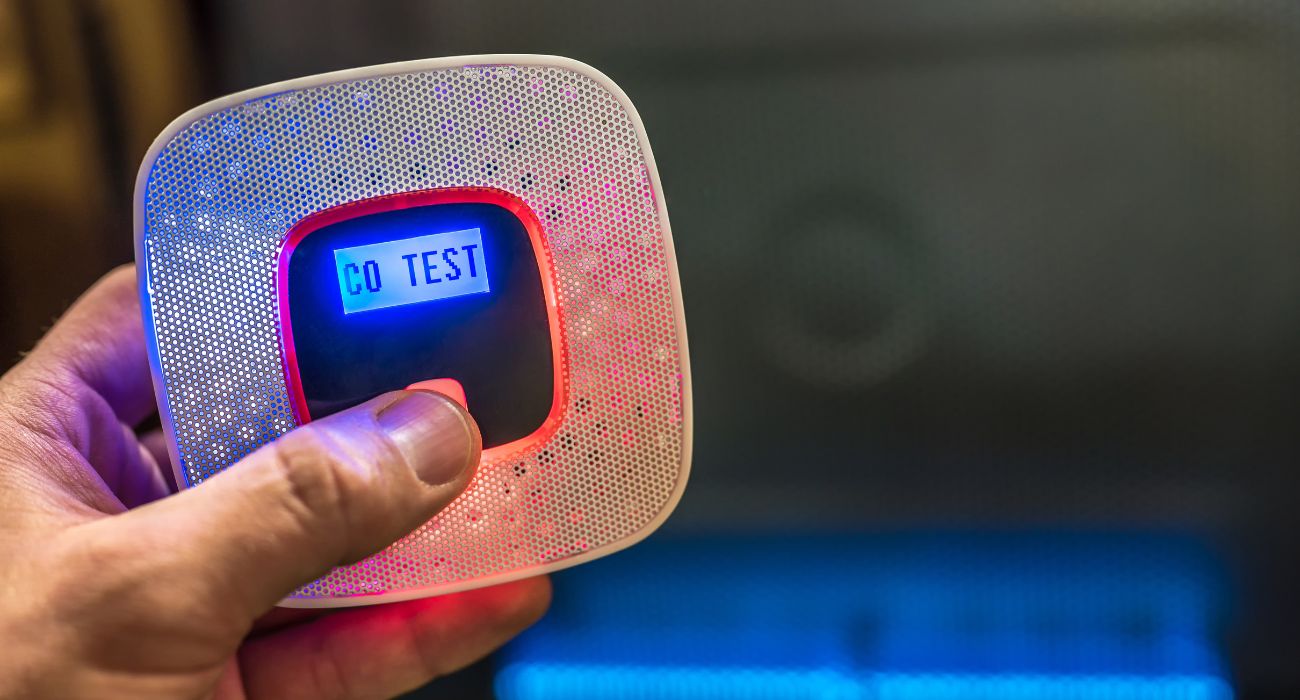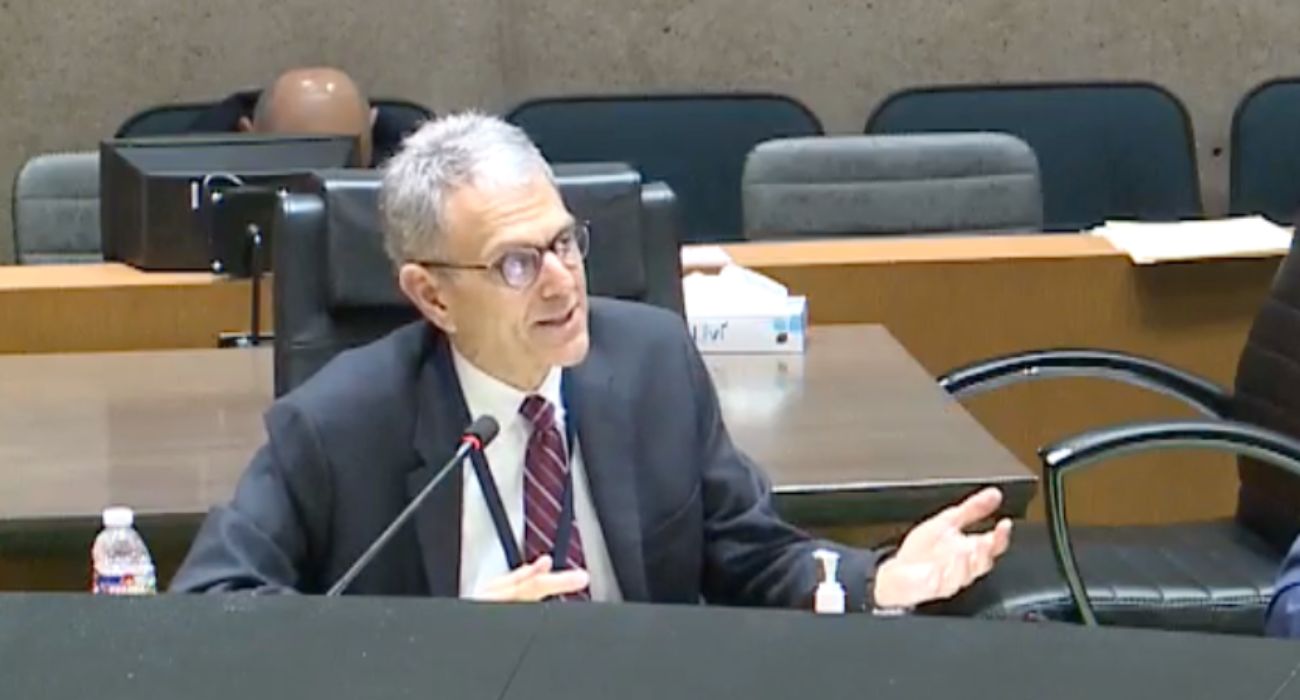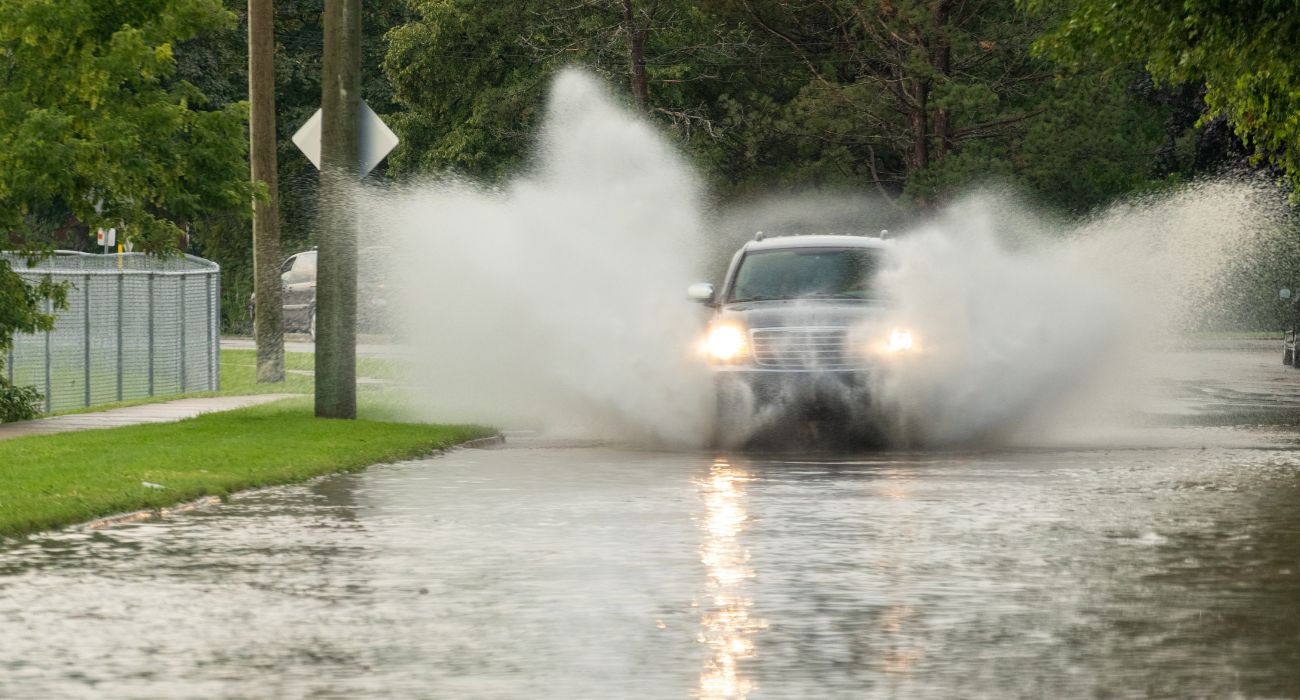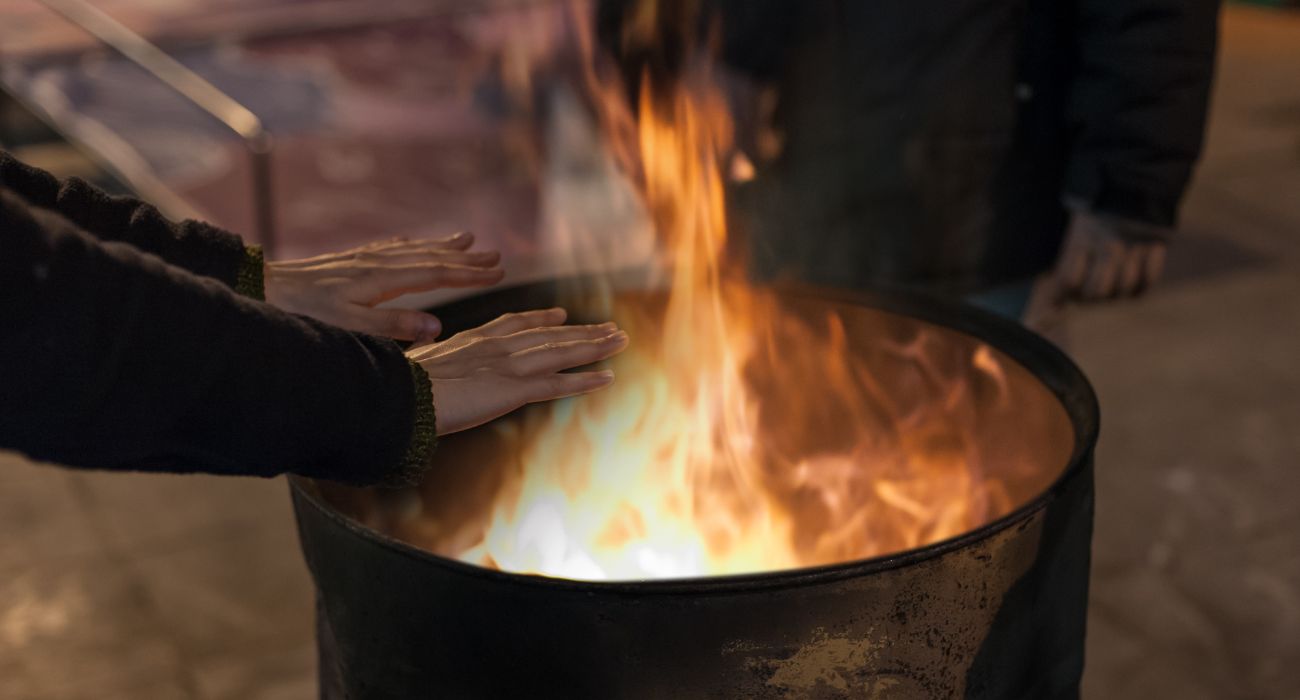Carbon monoxide poisoning has caused hospitalizations, complete evacuations of apartment buildings, and death, as previously reported by The Dallas Express.
But what are some of the things people can do to keep themselves and their families safe from carbon monoxide poisoning?
Capt. Anthony Jacobs of the Dallas Fire-Rescue (DFR) Department told The Dallas Express that it is straightforward: Use a carbon monoxide detector and evacuate the building if it goes off.
“That’s your best bet,” Jacobs said.
Carbon monoxide is a chemical byproduct of gas-powered devices such as heaters, gas stoves, and others. It is an odorless, colorless gas that can be deadly. It can also cause intoxication in those exposed to it.
“It’s kind of interesting in that it will give you headaches and make you do strange things,” Jacobs said. “You won’t even realize you’ve passed out on your kitchen floor. … That’s how intoxicating it is.”
Jacobs said the winter months are particularly dangerous because people use gas devices to heat them outside their homes.
“One of the things I fear is, because of the pretty bad winter we had last year, that people may have purchased generators that are meant to be used outside, but bring [them] into their homes and their garages,” Jacobs said.
He related an experience he had heard about a couple of years ago.
“I know one guy who worked construction [who] brought one of his [pieces of] equipment that they used on construction sites home to heat his family, and he and his children ended up dying of carbon monoxide poisoning. They went asleep and never woke up,” Jacobs said.
He said that it is almost guaranteed in a city as large as Dallas that people will die from carbon monoxide poisoning at least once a year.
“When it comes to carbon monoxide, you got to know when you’re at risk,” said Jacobs, explaining that while people are at most risk with gas devices, electric homes still carry some risk.
He said it is essential to have a carbon monoxide detector at home, which Dallas Fire-Rescue sometimes provides for free. “The detector should be installed a little bit away from the gas devices, and it should be tested regularly to make sure it’s working correctly,” urged Jacobs.
The Centers for Disease Control and Prevention recommends a series of actions to keep safe from carbon monoxide poisoning, including:
- Have your heating system, water heater, and any other gas, oil, or coal-burning appliances serviced by a qualified technician every year
- Seek prompt medical help if you suspect CO poisoning and are feeling dizzy, light-headed, or nauseated
- Don’t run a car or truck inside a garage attached to your house, even if you leave the door open.
- Don’t burn anything in a stove or fireplace that is not vented
- Don’t use a generator, pressure washer, or any gasoline-powered engine less than 20 feet from any window, door, or vent
Jacobs also emphasized ensuring people are aware of carbon monoxide’s dangers. The lack of heating in homes can sometimes cause people to make mistakes about carbon monoxide poisoning.
“You’d be surprised how little some people know about those types of dangers,” Jacobs said. “And when it’s really, really cold, it may push you to do certain things. It’s easy for me to say when my heat works.”






